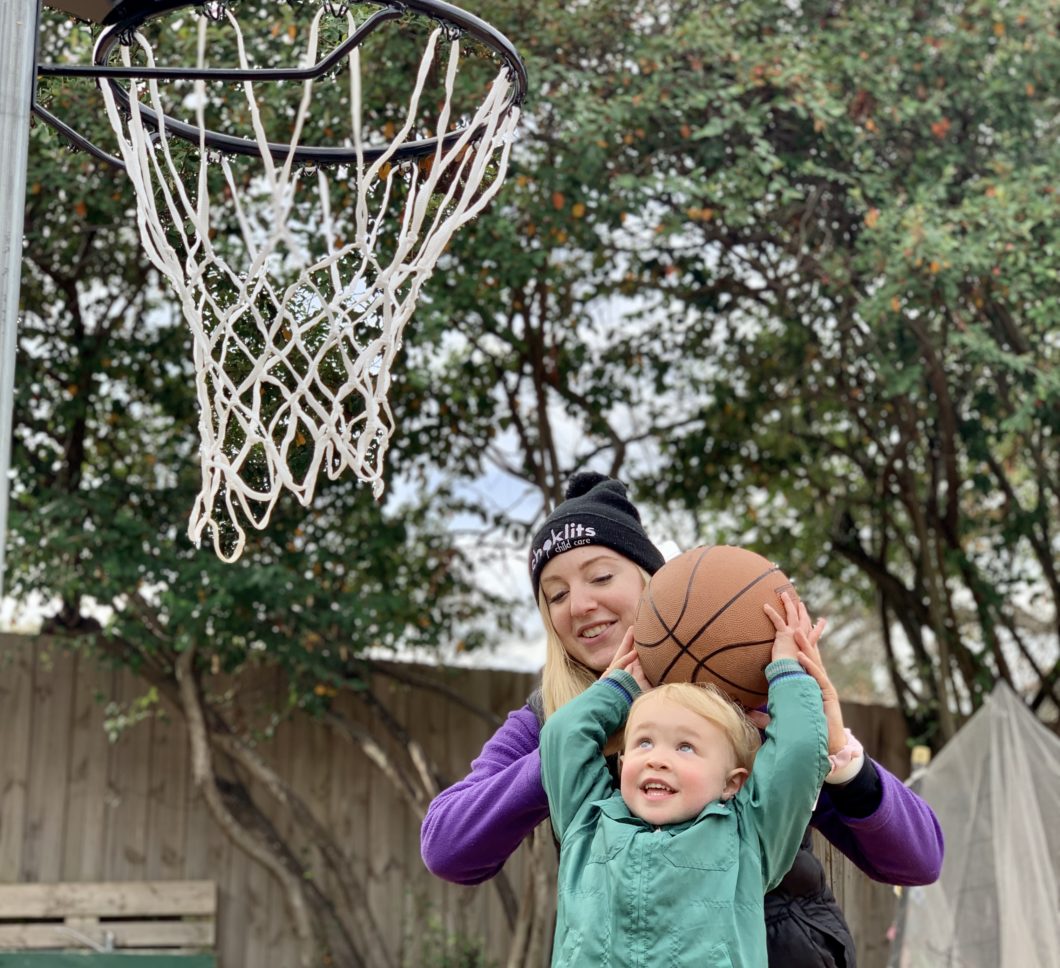Confidence is a vital facet of a happy and healthy life. Confident children believe in themselves and their abilities, understand that they are valuable and feel that they will be able to tackle the challenges that inevitably come their way. Building your child’s confidence is immensely important, which is why those of us at Choklits Child Care think its well time that we discussed it on our blog. Today, we’re going to delve into what self-confidence is, why it’s important and how you can help your child to feel confident and capable.
What is Self-Confidence?
Self-confidence is a positive and trusting attitude of one’s own skills, value, qualities, judgements and capabilities. It is about accepting yourself and understanding your inherent worth.
Confidence originates from viewing oneself as competent and capable. This is important to understand, because it means that children’s confidence comes from a sense of their own abilities and accomplishments, not necessarily from the praise of parents, educators, family or friends. At Choklits Child Care, we are incredibly fortunate to watch children’s confidence grow every day as they accomplish goals and learn new skills.
Why is Confidence Important for Children?
From the minute they are born, children are learning new skills all the time, and with them, they also develop the confidence to use their new abilities. Developing self-confidence allows children to trust in their own capacity and feel secure in their self-worth in the event of failure, allowing them to rebound when they’re not successful.
Children without robust self-confidence feel unsure of themselves, and may doubt their abilities, capacity or worth. They are often highly critical of themselves and feel like they’re not as good as others. Underconfident children may not feel accepted and might be scared to make new friends or join in with their peers. A lack of self-confidence can also manifest in children being unwilling to try new things, or giving up easily when faced with a challenge, and having difficulty standing up for themselves, their needs and wants. Children with low confidence are also likely to struggle to cope in situations where they’ve made a mistake or feel as though they’ve failed.
Confident children feel good about themselves, and are secure in the knowledge that they are valued, loved and accepted. They are more likely to try new things and tackle challenges, and feel proud of the things they have accomplished. Children with strong self-confidence believe in themselves, which helps them to cope with making mistakes and makes them more likely to persevere, even when faced with failure.
How to Build Your Child’s Confidence
You know building your child’s confidence is important, but not sure how to do it? Every child is different, and will need varying degrees of support to build their confidence, but here are some general guidelines to aid your child in developing self-confidence and to help you in assisting them to develop self-confidence.
Celebrate Effort Over Achievements
Celebrating your children is always wonderful, but where confidence is concerned, its far more helpful to praise effort rather than achievements. Celebrating achievements is great, but it’s really important to place the emphasis on the effort that went into them, regardless of the outcome. Let your child know that you’re proud of how hard they’re working, as effort doesn’t always result in immediate success, which can be a tough concept for kids to come to terms with.
In a similar vein, praising perseverance helps children to develop self-confidence, as confidence isn’t about being good at everything, its about having the self-belief to keep trying when things are tricky.
Give them your Undivided Attention
Setting aside time to play with your child is really important, as is giving them your full and undivided attention during that time. Focus your attention solely on them to give them the message that you think they’re important and valuable. This boost your child’s sense of self-worth and signals to them that you are listening to what they have to say.
Make eye-contact and pause to let them finish their thoughts to help them understand that their ideas, feelings and opinions matter. Immerse yourself fully in their game, and build on their imaginative ideas to develop a shared creative space.
Model Self-Confidence and Coping with Failure
Modelling behaviours is one of the best ways to teach children new skills, and confidence is no different. Approaching tasks with positivity sets a good example for children as they are likely to mimic your mindset. Try not to make a fuss when you make a mistake or something doesn’t go to plan, instead model learning from times where we don’t succeed and trying again.
Embrace Imperfection
We all know that nobody’s perfect, and its important to teach children that perfection is unrealistic from an early age. Let your children make mistakes, and remind them that its totally normal and okay to not be amazing at everything. Teaching children to be comfortable with failure helps to build their confidence that they will be accepted as they are and not be subject to judgement, which leads to an increased likelihood of wanting to try new things.
Remind Them of Your Love
This one might seem obvious, but its still very valuable. Remind your child that you love them for who they are, no matter what they’ve done or are feeling. Show them your love when you’re angry, when you’re happy and when you’re tired, when they’ve won an award, been unable to climb the playground, when they’ve learned a new skill and when they’ve had a rough day or a brilliant one. Making sure your child feels secure in your love, and that you think they’re awesome, will build self-worth and increase their confidence.
Building your child’s confidence is just another piece of the puzzle in setting them up to be happy, healthy and successful individuals. By providing ample encouragement, embracing imperfection and failure and spending quality time together, you can help set your child up for success by giving them the confidence to tackle whatever comes their way.
This blog has been provided by Choklits with two early learnings centres, Surrey Hills ELC and Ringwood ELC.



